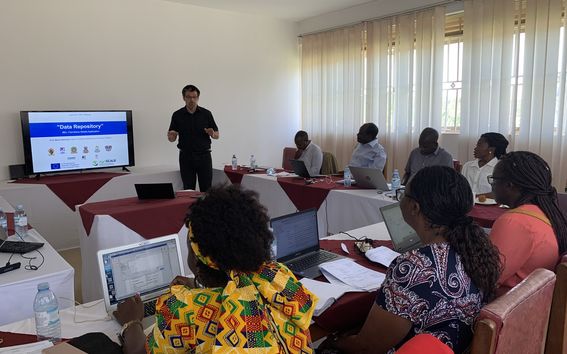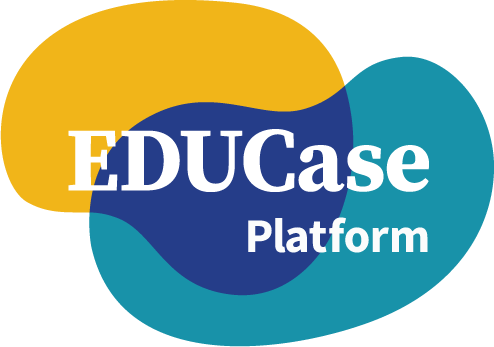Financial Technology (FinTech) services for nurturing farmers' resilience

The challenge was an onsite collaboration between students and faculty from Bishop Stuart University, Aalto University, and Gulu University. Collectively 20 students and six faculty members participated in the challenge. The challenge revolved around the theme of "Nurturing Agricultural Resilience: Transformative Solutions for Empowering Smallholder Farmers amidst Challenges, Pests, and Weather Variability."
This initiative builds upon the success of Smile FarmSave Technologies Ltd, which was incubated at Bishop Stuart University's Agribusiness Incubation Centre. The mission of Smile FarmSave Technologies Ltd is to provide smallholder farmers with affordable and accessible loans, featuring a competitive 8% monthly interest rate. Moreover, the company has introduced FarmSave online savings wallets, making financial services accessible to even more farmers. However, the vulnerability of smallholder farmers to pests and diseases threatens this success.
The challenge was to address this shortcoming through the creation of a comprehensive data repository to equip farmers with valuable information on pest and disease control, offering insights gained from research and successful farming practices. At the core of this innovation lay the utilization of Artificial Intelligence (AI) for pest and disease control and weather monitoring. The goal was to ensure the long-term agricultural viability of smallholder farmers in the face of environmental challenges.
The AgriSCALE Students' Challenge II presented a unique opportunity for students to support FarmSave by taking on a series of tasks designed to enhance the efficiency and effectiveness of their services. These tasks ranged from user onboarding and education to data collection and analysis, community engagement, and promotional and outreach activities. The methodological approach was problem-based learning and design thinking.
According to Professor Marko Nieminen, Aalto University, “Students from Aalto University have had the opportunity to work in multi-disciplinary groups addressing different topics. They have been exposed through their education to different scenarios that required the utilization of their experiences. However, the problem-based learning methodology and this onsite experience have provided them with the opportunity to contextualize their ability and knowledge to work in multi-disciplinary and multi-cultural groups”.
According to the participants, the students acquired a diverse range of learning outcomes, including problem-solving skills, cultural competence, solution design and innovation, and social responsibility. This experience has instilled adaptability, personal growth, and the development of practical skills that offer a holistic understanding of complex global issues.
More information about AgriSCALE is available here.
Read more news
Breaking the Darkness: Tackling energy crisis in Lesotho
Lesotho, often called the Kingdom in the Sky due to its high altitude, faces a severe energy crisis, with nearly half of its population lacking access to reliable electricity.
Transforming Interdisciplinary Education: Sustainable Global Technologies (SGT) Across Four Continents
The true impact of our actions often unfolds over time, as demonstrated by the students at the SGT FAIR’24 on May 22. Their work showcased how a single student challenge can drive significant change.
A Global Learning Space: Empowering Students for Responsible Global Engagement
As part of the EDUCase network, the University of Oulu has offered to be the testing ground of a virtual learning initiative that aims to revolutionize virtual learning.
